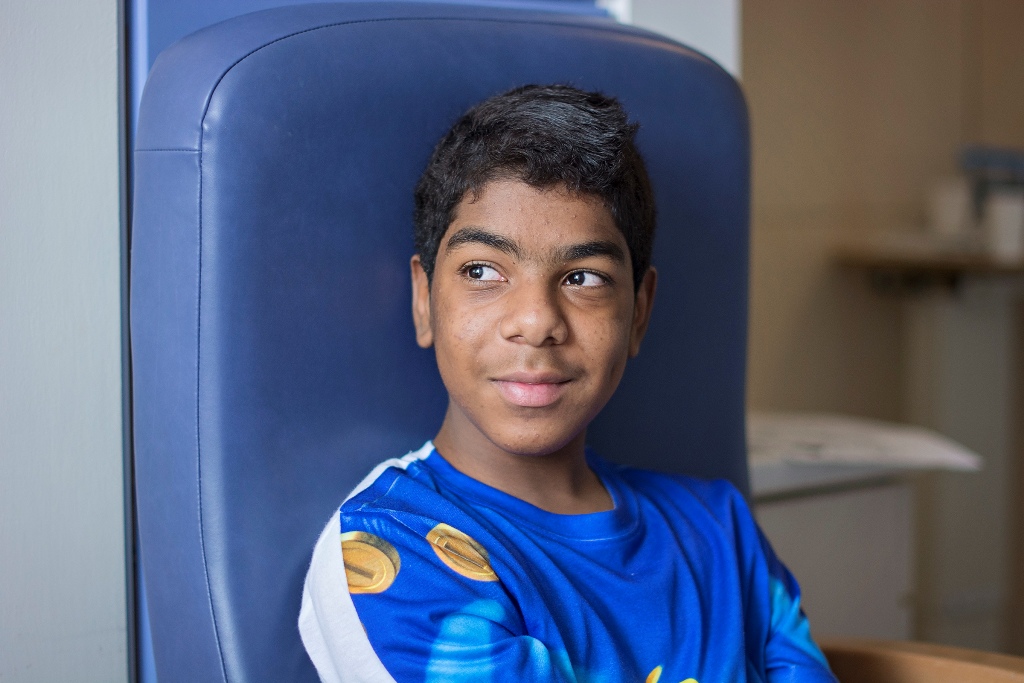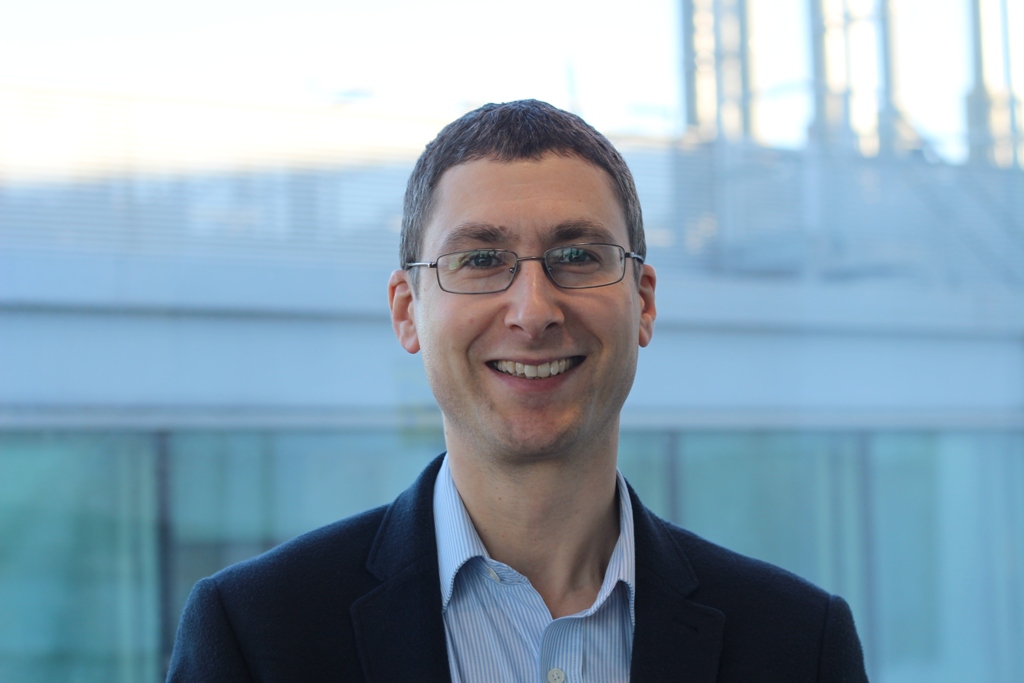- City Fajr Shuruq Duhr Asr Magrib Isha
- Dubai 04:26 05:44 12:20 15:47 18:50 20:08

This is the first time that an HLA incompatible kidney transplant has been performed in the UK on a child, says doctor. (Supplied)
Essa Lashkari has had kidney problems since he was born. The 14-year-old was born with only one kidney which had not formed properly. When he was five years old, this kidney began to fail and he had a kidney transplant in the Philippines. However, after 8 years, Essa’s kidney function continued to decline and he required kidney replacement therapy with haemodialysis, which he had never had previously.
After a recommendation from their local health office in Dubai, Essa’s family agreed to take Essa for treatment at Great Ormond Street Hospital (GOSH) in London.

Essa spent a year being treated at GOSH and seven months on dialysis before he was able to have a second transplant under the care of his consultant at GOSH, Dr Stephen Marks, Consultant Paediatric Nephrologist.
Dr Marks and his team decided that Essa needed another kidney transplant, and Essa’s mother was proposed as a donor. Unfortunately, Essa had a high level of human leukocyte antigen (HLA) antibodies, meaning that the likelihood of Essa’s body rejecting the new kidney would be very high.
“Essa required antibody removal so that he was able to receive his mother’s kidney. This was the first HLA incompatible kidney transplant in a child performed in the UK.” Dr Marks explains.
 Dr Stephen Marks
Dr Stephen Marks
Collaborating with transplant surgeons at Guy’s Hospital in London and Kings College London, Essa underwent his kidney transplant with antibody removal, whereby his HLA antibodies were removed prior to transplant using a blood filtering process known as plasmapheresis. This meant that Essa could receive his mother’s kidney without his body rejecting it.
“This is the first time that an HLA incompatible kidney transplant has been performed in the UK on a child. Historically, children with HLA antibodies would not be able to receive kidneys from living donors and would be on the waiting list for deceased donor kidney transplants for many years.” Dr Marks noted.
Essa’s recovery went well and he has returned to Dubai. “Since the operation, Essa has been absolutely fine. He has been out and about with friends. He has a normal life.” says his father Ahmad.
The family return to GOSH on a regular basis for follow up appointments with Dr Marks. Essa’s father says “the medical staff has been very good with me…I think of Great Ormond Street Hospital as my hospital and Dr Marks as my doctor. I’m not going anywhere else.”
The procedure was life-saving for 14-year-old Essa and an important moment in the future treatment of children needing kidney transplants.
Dr Marks has been the chair of the NHS Blood and Transplant Paediatric Kidney Advisory Group since 2011. “I have looked after patients from when they were babies. I love seeing how we are able to improve the quality of life for our patients on dialysis after they receive a good functioning kidney transplant. It is an honour and a privilege to look after children and their families for many years, and see them throughout their childhood growing up into young adults for the future.”
Great Ormond Street Hospital in London is recognised as one of the few truly world-class hospitals for children.
![]() Follow Emirates 24|7 on Google News.
Follow Emirates 24|7 on Google News.